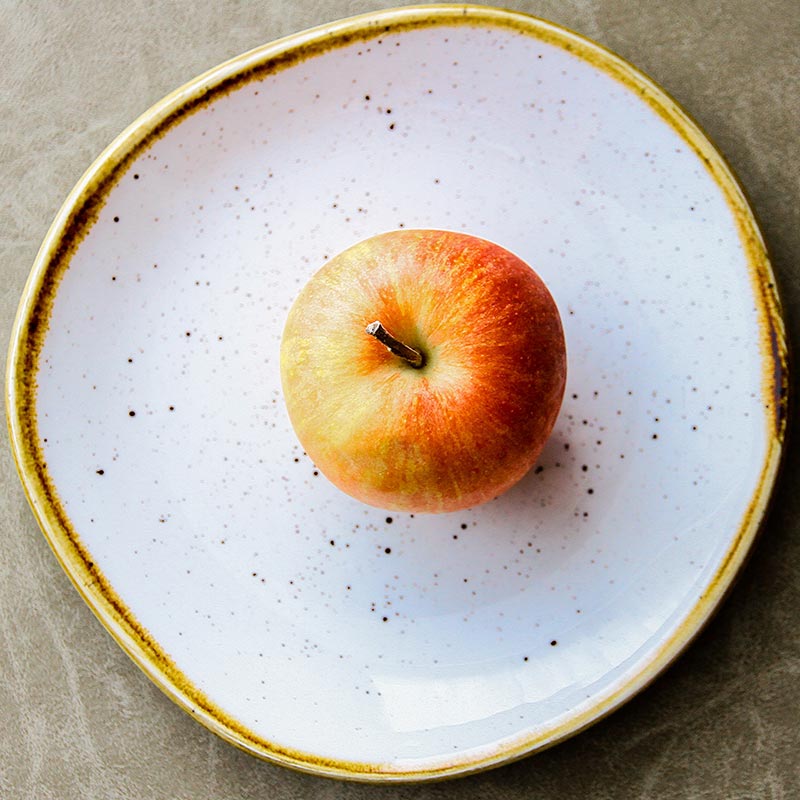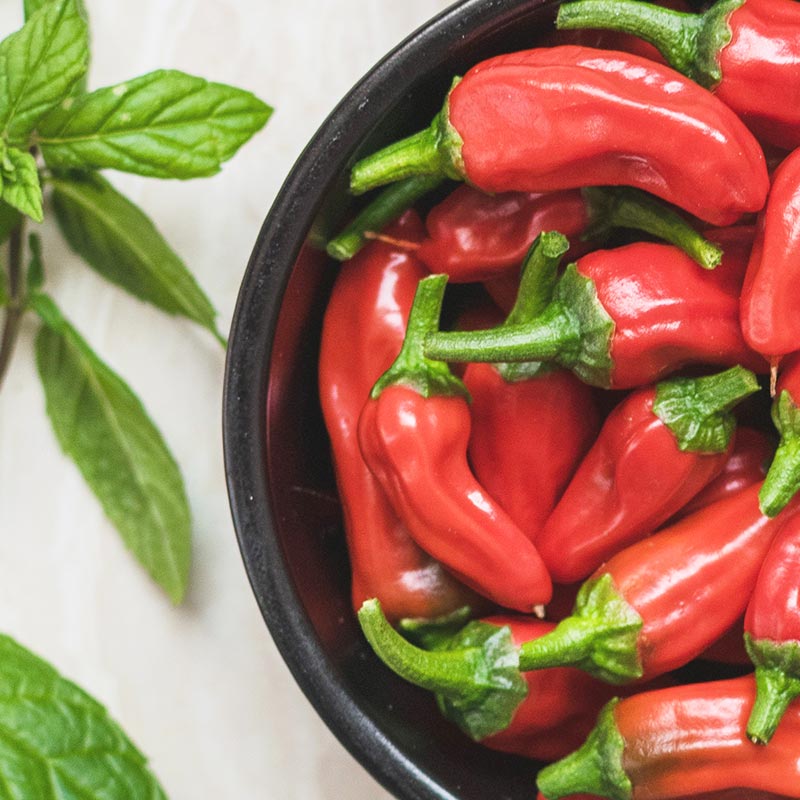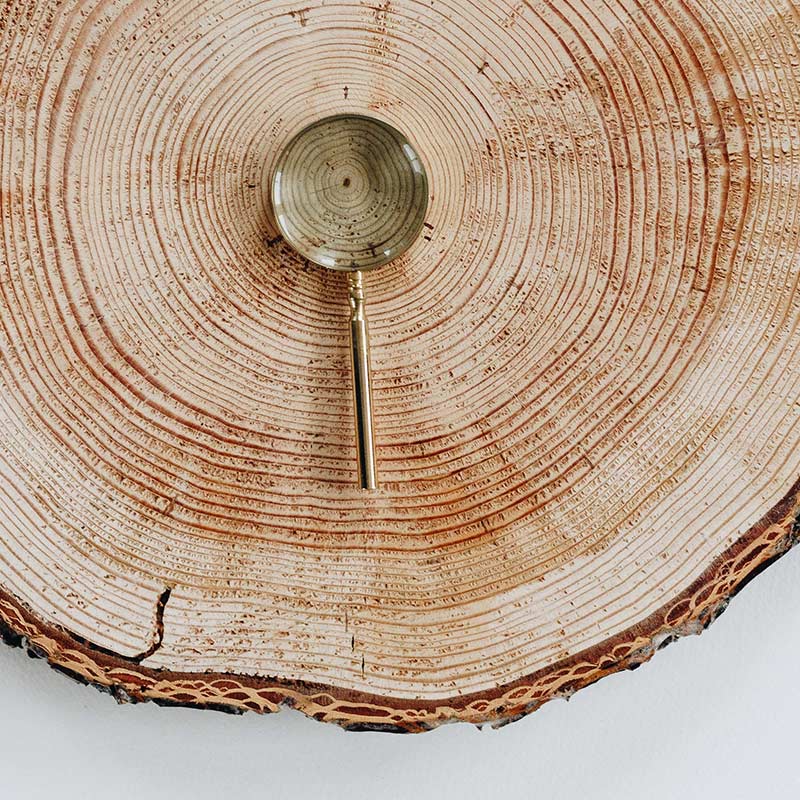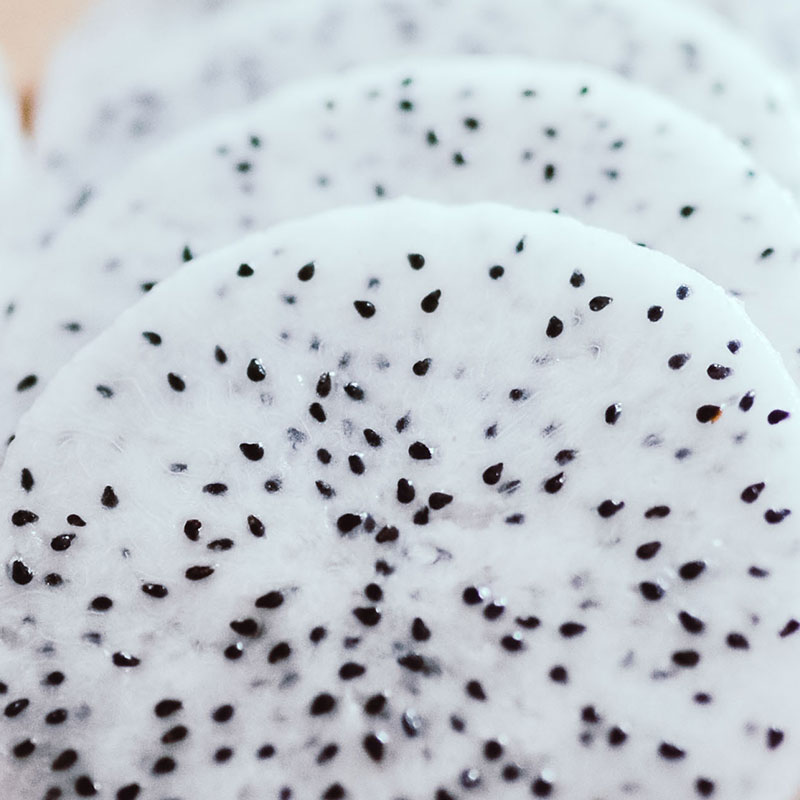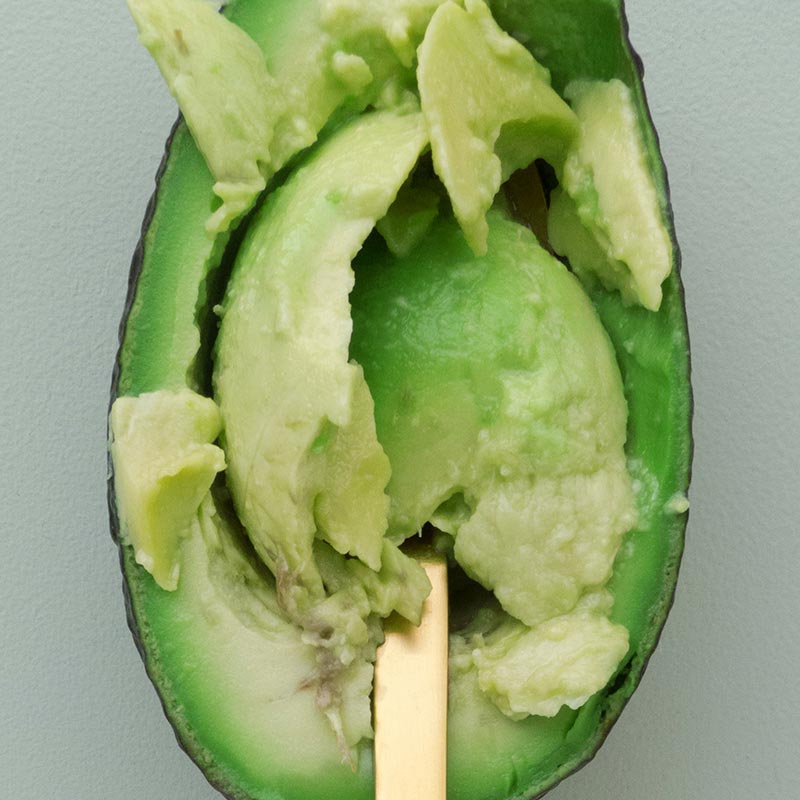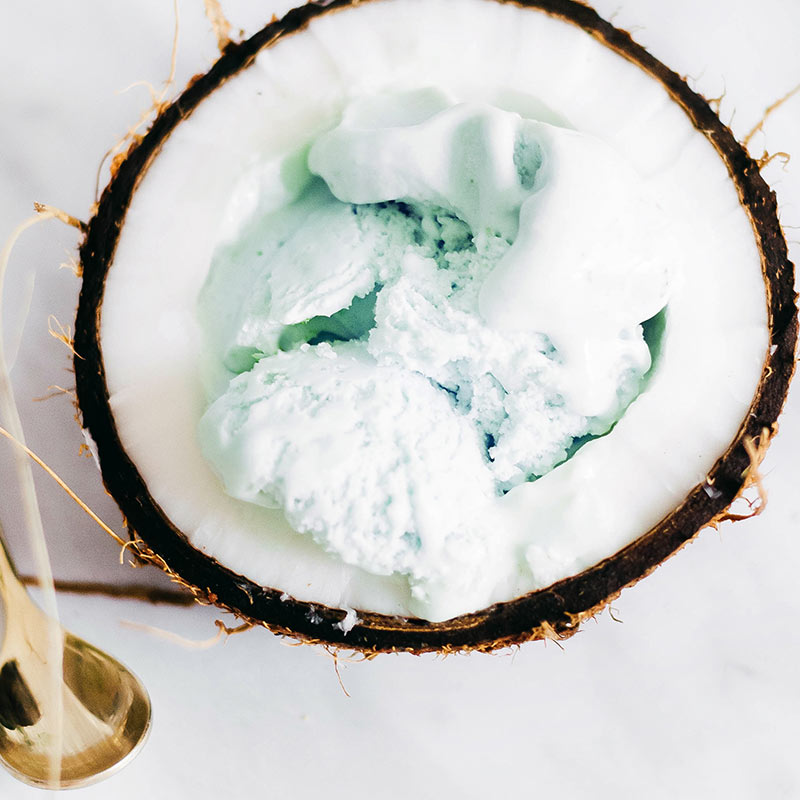A cherry is the fruit of many plants of the genus Prunus, and is a fleshy drupe (stone fruit).
Commercial cherries are obtained from cultivars of several species, such as the sweet Prunus avium and the sour Prunus cerasus. The name ‘cherry’ also refers to the cherry tree and its wood, and is sometimes applied to almonds and visually similar flowering trees in the genus Prunus, as in “ornamental cherry” or “cherry blossom”. Wild cherry may refer to any of the cherry species growing outside cultivation, although Prunus avium is often referred to specifically by the name “wild cherry” in the British Isles.
The sour cherry was created by crossing the Mongolian cherry with the sweet cherry. This happened quite frequently in nature. The sour cherry was then crossed to another Mongolian cherry, a new and improved variety to get the dwarf sour cherry. Iran is one of the bigest grower of sour cherry here in Sina Farming Group will assure you the best quality of cherry across countries.
Cherries are consumed in a variety of ways, including: fresh, frozen, canned, juice, brined and dried. From 2014-2016, an average of 75% of sweet cherries produced were destined for the fresh market, with the remaining 25% used for processing (NASS 2017).
U-pick operations are one way to add value when marketing fresh cherries. The direct farm to customer interaction builds relationships often leading to a higher percentage of repeat customers (University of Tennessee – Extension, 2014). Smaller farms (2 acres or less) are capable of selling their entire harvest through direct farm to customer marketing avenues (U-pick, farm stands, farmers’ markets). However, larger farms will need to utilize more than one avenue for sales, including wholesale (Pacific Northwest Extension, 2013).
Cherries sold through wholesale avenues whether destined for the fresh market or processed will go through a packinghouse (unless the grower has their own processing facility). Cherries are very delicate, especially tart cherries, and can be damaged during shipping. Before establishing a cherry orchard, it is best to know the locations of the nearest packinghouses and if they’re accepting new business. Packinghouse field personnel can also offer advice on the quality of fruit they require. Working with a reputable packinghouse close to your farm, and producing the quality they’re looking for are ways to add value to the price received for your fruit (Pacific Northwest Extension, 2013).
Supply time:
| January | |
| February | |
| March | |
| April | |
| May | |
| June | Available |
| July | Available |
| August | Available |
| September | |
| October | |
| November | |
| December |










